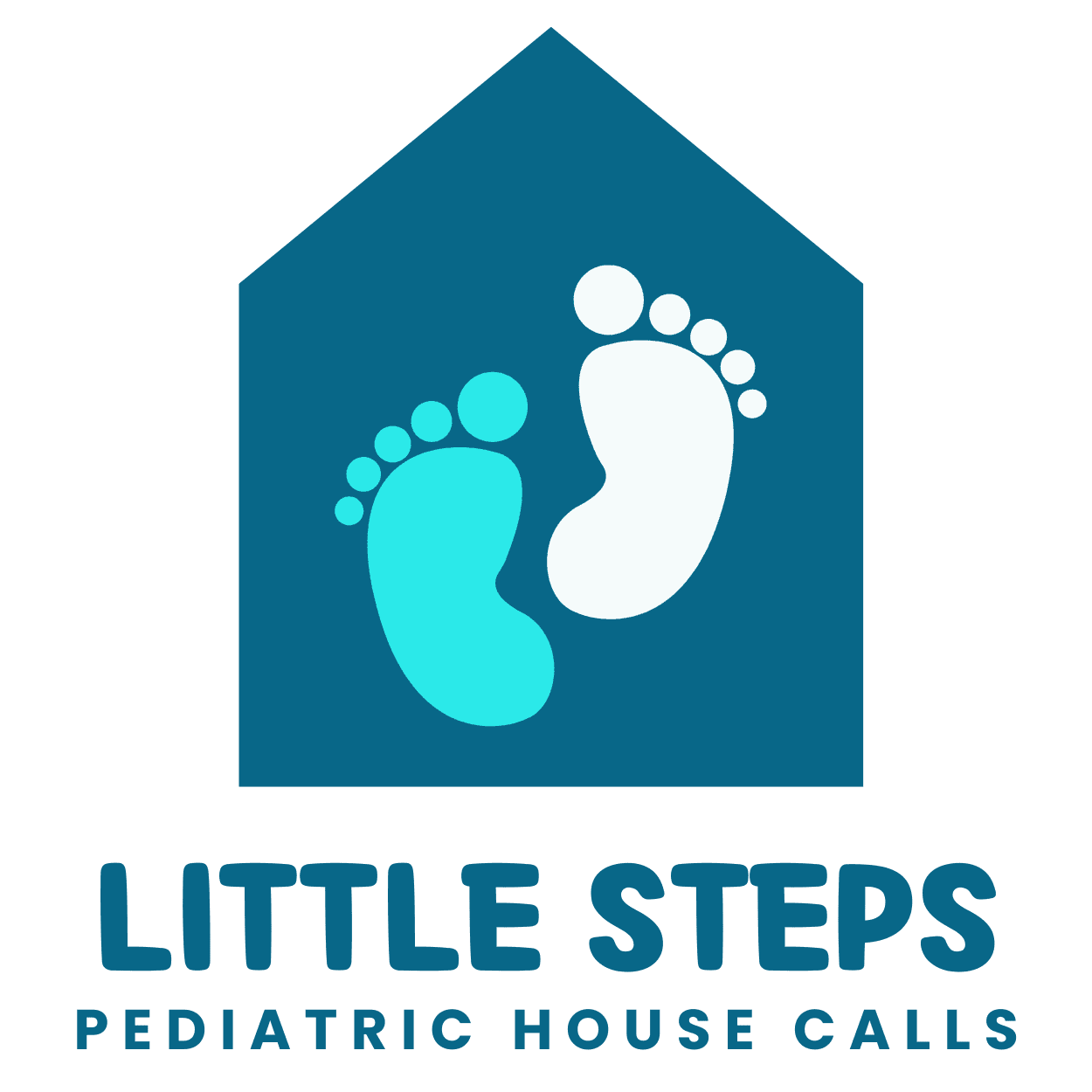Mental Health Minute: The Back-to-School Reset Some Parents Skip (But Shouldn’t)

Posted July 17, 2025
Don’t Skip the Mental Health Reset
Your child’s emotions don’t get a summer break.
You packed the lunchbox. You bought the shoes. You adjusted the bedtime.
But have you checked in on your child’s emotional health?
As a Family Nurse Practitioner who makes house calls and a mom who’s lived through the meltdown-before-Monday struggle. I’m here to tell you: your child’s mental health deserves a spot on the school prep list.
The Summer Slowdown Isn’t Always a Break
According to the CDC, emergency department visits for kids’ mental health issues go down in the summer but that doesn’t mean the risk goes away.
What actually happens is this:
- Kids lose access to school supports (teachers, counselors, structure)
- Daily routines get disrupted
- Family stress, boredom, or screen overload kicks in
- And by the time school starts, their emotions are stretched thin
This emotional overload doesn’t always look like depression or anxiety.
It often shows up as:
- Trouble falling or staying asleep
- More intense tantrums or mood swings
- Tummy aches or headaches without a clear reason
- Withdrawing from activities or needing constant reassurance
These are not "just summer growing pains." These are signs your child’s nervous system may be dysregulated and needs gentle support especially as they transition back to school.
What the Research Shows
A 2023 CDC study showed that anxiety and trauma-related conditions were the most common reasons kids visited the ER during summer.
Then, like clockwork, mental health visits spike in August and September right after school starts. This pattern repeats every year.
And girls, especially those ages 12 to 17, have consistently higher mental health-related ER visits than boys, often presenting with physical symptoms like stomach pain, fatigue, or irritability.
Translation: if your child is complaining more, sleeping less, or just seems “off,” it might not be about school supplies it might be emotional regulation.
What You Can Do Right Now
Here are 5 simple, science-backed steps you can take today to help your child reset emotionally for the school year:
1. Do Regular Mental Health Check-ins
Ask open-ended questions like,
“What’s something that made your body feel tight today?”
or
“When did you feel most calm this week?”
Kids express stress in their bodies before they have words for it.
2. Rebuild Predictable Routines
Structure is calming to the nervous system. Reinstate regular wake times, mealtimes, play breaks, and bedtimes. Predictability helps kids regulate emotions more easily.
3. Use Simple Screening Tools
Tools like the Strengths and Difficulties Questionnaire (SDQ) or even a basic mood tracker can help you spot patterns early. You don’t need a diagnosis to start tracking what you see.
4. Add Micro-Mindfulness
Teach your child to take 3 slow breaths and name what they see or hear around them. This calms the vagus nerve, the body’s emotional reset button, and builds stress resilience.
5. Know When to Call in Help
If you’re seeing school refusal, sleep changes, unexplained physical symptoms, or increased emotional outbursts, don’t wait for it to get worse. A simple conversation or in-home visit may be all your child needs to feel more secure.
What I’m Seeing Right Now in My House Call Practice
- Kids waking at night or refusing to go to bed
- Parents unsure if symptoms are medical or emotional
- Last-minute school forms and missed wellness visits
- A surge in anxiety and tummy complaints as school start dates approach
You are not behind. You are not failing. This transition is hard and it doesn’t come with a perfect checklist.
But I can help.
As a House Call NP, I provide gentle, judgment-free care in the comfort of your home. That includes:
- Emotional wellness screenings
- Back-to-school physicals
- Asthma and allergy care
- Sleep support and nervous system regulation strategies
- Referrals when mental health care is needed
Let’s make sure your child starts the school year not just dressed and fed but calm, focused, and emotionally supported.
Wish You Had a Nurse Practitioner Mom in Your Inbox?
Now you do.
Every month I send clear, compassionate pediatric tips straight to your inbox from how to tell if it’s RSV to what to do when your kid cries before school. No fluff. Just facts and real help.
Join my private newsletter now
Serving Oak Park, IL and surrounding areas
www.LittleStepsHouseCalls.com
Contact Me
Let’s Simplify Pediatric Care for Your Family
Fill out the form below to request newsletter, appointment requests, or general non-urgent questions.
Stay Connected
✔️ Want helpful tips and updates?
Use the space below & state join the monthly newsletter Rest assured I hate spam so no spam, ever. I send educational emails once per month and may include announcements and share practice updates. You can unsubscribe anytime.
- Just leave your contact information below and state your request (Newsletter, appointment, general questions) below,
- I personally review each inquiry within 48 hours (Monday–Friday).
- You’ll get a thoughtful response via email — whether it’s to schedule, answer your question, or point you in the right direction.
No bots, no spam — just personalized care.
🚨 For emergencies, call 911 or visit your nearest emergency room.

